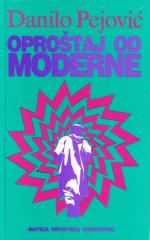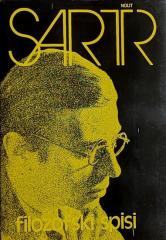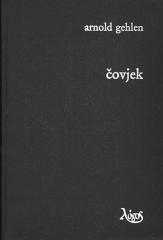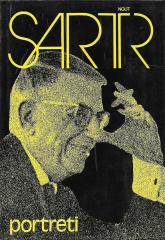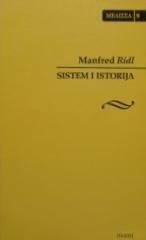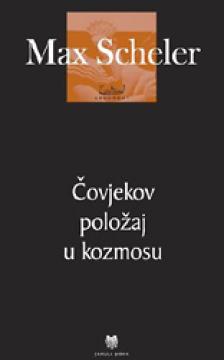
Čovjekov položaj u kozmosu
Man, as a spiritual being, constantly resides in the difference between essence and existence. Without such a distinction, there would be no philosophy, ethics, art... He who refuses such insight makes man, and without knowing it, an animal.
Questions: "What is man and what is his position in battle?" already from the first awakening of his philosophical consciousness, he was occupied more strongly than any other philosophical question. Thus, we have natural scientific, philosophical, and theological anthropology, which are not compatible with each other - "but we do not have a unique idea about man." The multitude of special sciences, the number of which is constantly growing, and which deal with man, no matter how valuable they are, obscure the essence of man much more than they illuminate it. Man's special position can become clear to us only when we look at the entire structure of the biopsychic world.
Max Scheler (1874-1928) German philosopher. He was a professor in Cologne and Frankfurt. Studying primarily ethical and anthropological issues, he became the most significant representative of Husserl's phenomenological school. He influenced the development of contemporary ethics and axiology, and his influence is particularly visible in the work of N. Hartmann. In his main work "Formalism in Ethics" and "Material Value Ethics" he refutes Kant's formalism.
No copies available
The last copy was sold recently.
